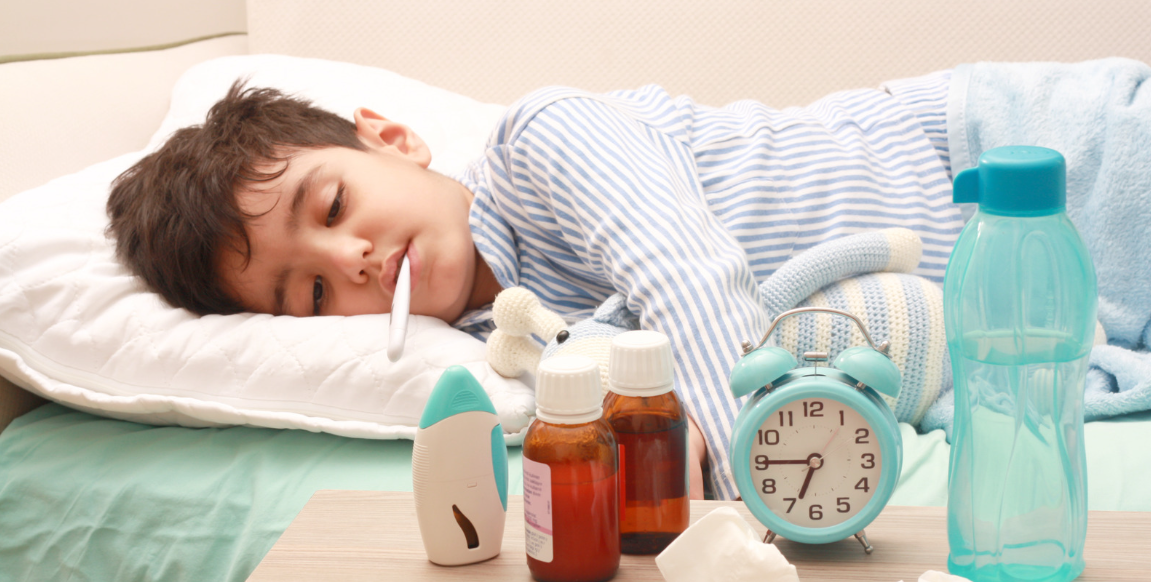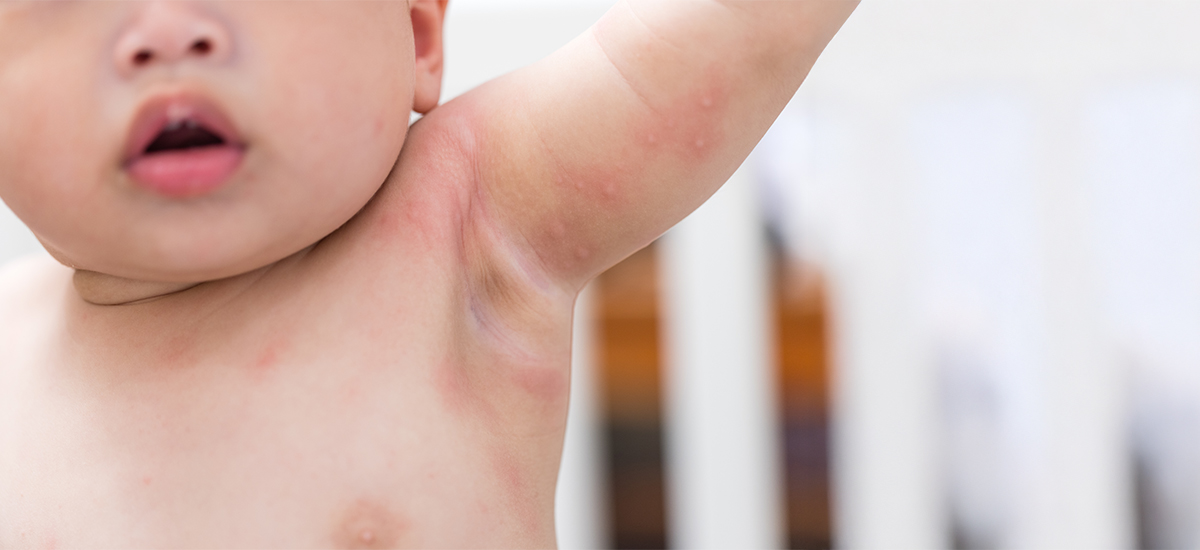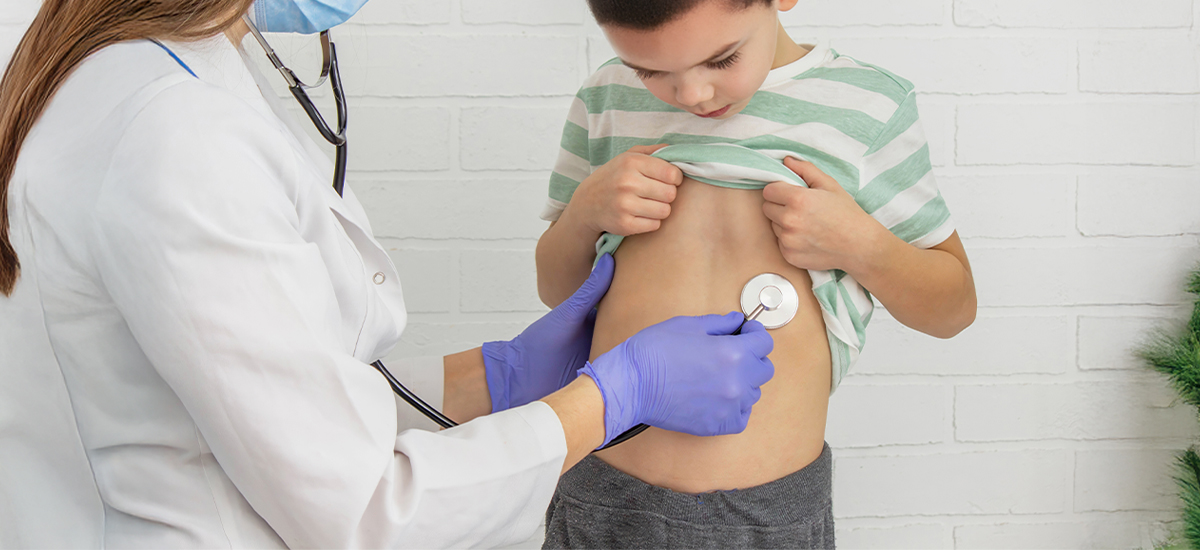Categories
Protecting Children from Human Metapneumovirus (hMPV): A Guide for Parents
Jan 07, 2025
What is Human Metapneumovirus (hMPV)?
Human Metapneumovirus (hMPV) is a respiratory virus that can cause a spectrum of illnesses, ranging from mild cold-like symptoms to severe lower respiratory tract infections, including bronchiolitis and pneumonia. It was first identified in 2001 but now has been in the news following a recent outbreak in China. Cases have been reported in India in the past and even now. hMPV usually causes mild infection.hMPV is particularly concerning for:
- Infants- Young children
- Children with chronic respiratory conditions (e.g., asthma)
- Immunocompromised children
Symptoms of hMPV in Children:
hMPV symptoms can vary in severity, with younger children and those with pre-existing conditions being at higher risk for complications.Mild Symptoms:
- Runny nose- Cough
- Nasal congestion
- Sore throat
- Low-grade fever
Severe Symptoms (Require Immediate Medical Attention):
- Wheezing- Rapid or labored breathing
- Persistent high fever
- Fatigue or lethargy
- Loss of appetite or difficulty feeding
- Symptoms of dehydration, such as reduced urination or dry mouth Severe cases of hMPV can lead to hospitalization due to complications like bronchiolitis or pneumonia.
How Does hMPV Spread?
hMPV spreads through:
- Respiratory droplets from coughs or sneezes of an infected person- Touching contaminated surfaces (e.g., toys, door handles) and then touching the mouth, nose, or eyes
- Close contact with an infected person The virus is most active during late winter and spring, similar to other seasonal respiratory viruses.
Prevention Strategies for hMPV:
While there is currently no vaccine for hMPV, you can take several steps to protect your child from infection:1. Practice Proper Hand Hygiene:
- Teach children to wash their hands frequently with soap and water for at least 20 seconds- Use alcohol-based hand sanitizer if soap and water are unavailable
2. Avoid Close Contact with Sick Individuals:
- Keep children away from individuals who are coughing, sneezing, or showing other signs of illness- Avoid crowded places, especially during peak respiratory virus seasons
3. Disinfect Commonly Touched Surfaces:
- Regularly clean toys, doorknobs, electronic devices, and other frequently touched surfaces with disinfectants.4.Boost Your Child’s Immunity:
- Provide a balanced diet rich in vitamins and minerals to strengthen your child’s immune system- Ensure your child gets adequate sleep and stays hydrated
5. Keep Sick Children Home:
- If your child shows signs of illness, avoid sending them to school to prevent the spread of infection.When to Seek Medical Attention?
Most cases of hMPV are mild and can be managed at home with rest, hydration, and symptom relief. However, you should consult a doctor if your child:- Has difficulty breathing or wheezing
- Develops a high fever that doesn’t subside with medication
- Shows signs of dehydration (e.g., dry mouth, no tears when crying, reduced urination)
- Appears excessively drowsy, irritable, or unresponsive
- Experiences worsening symptoms despite home care Children with underlying respiratory conditions, such as asthma, or weakened immune systems should be monitored closely, as they are at higher risk of complications.
Frequently Asked Questions About hMPV
1. Can adults catch hMPV?
Yes, adults can also get hMPV, but the symptoms are generally milder, resembling a common cold. However, older adults or those with weakened immunity may experience more severe symptoms.2. Is hMPV the same as RSV?
No, hMPV and RSV are distinct viruses, although they both cause similar respiratory illnesses. RSV tends to be more widely recognized, but hMPV is an equally important cause of respiratory infections in children.3. How long does an hMPV infection last?
The symptoms of hMPV typically last 1 to 2 weeks, though severe cases may take longer to resolve.4. Is there a specific treatment for hMPV?
There is no specific antiviral treatment for hMPV. Management focuses on symptom relief, such as using fever-reducing medications, maintaining hydration, and ensuring adequate rest.5. Can children be reinfected with hMPV?
Yes, reinfection with hMPV is possible, especially as immunity from prior infection is not long-lasting. However, subsequent infections are usually milder.6. Are certain children more at risk of severe hMPV?
Yes, children at higher risk include:- Infants, especially those under 6 months
- Premature babies
- Children with chronic respiratory or cardiac conditions
- Those with compromised immune systems At Rainbow Children’s Hospital, we are committed to providing the highest standard of care for children. Our team of pediatricians including pediatric pulmonologists are always available to guide and treat respiratory illnesses like hMPV. Prevention, early diagnosis, and timely care are key to ensuring your child’s well-being. If you have any concerns about your child’s respiratory health, don’t hesitate to contact your nearest Rainbow Children’s Hospital.











